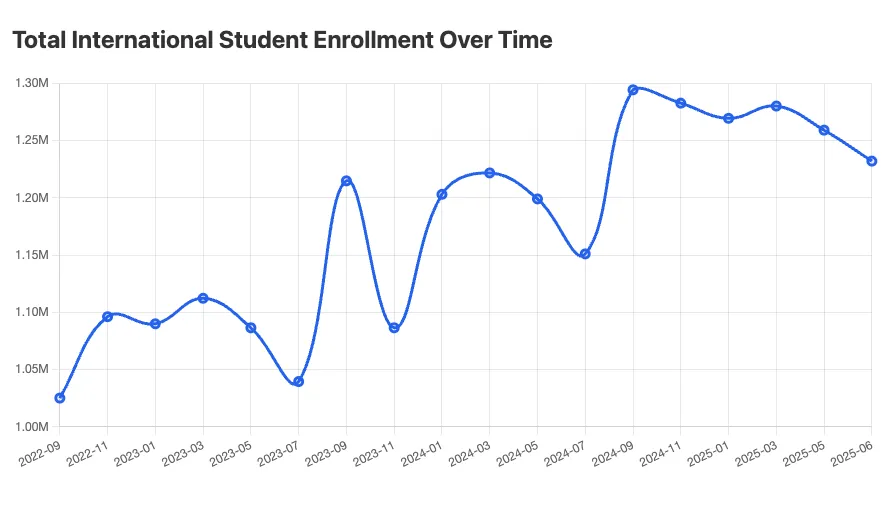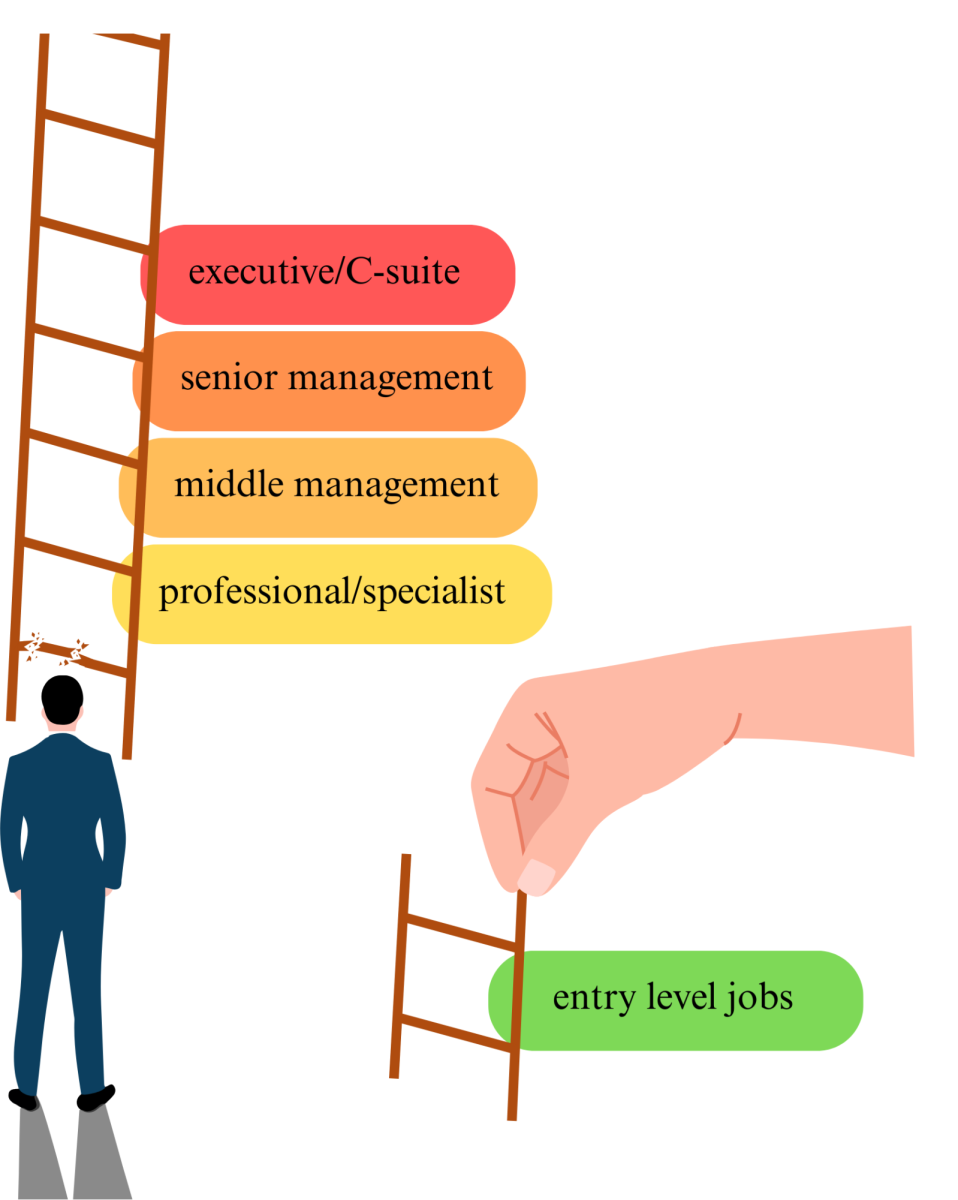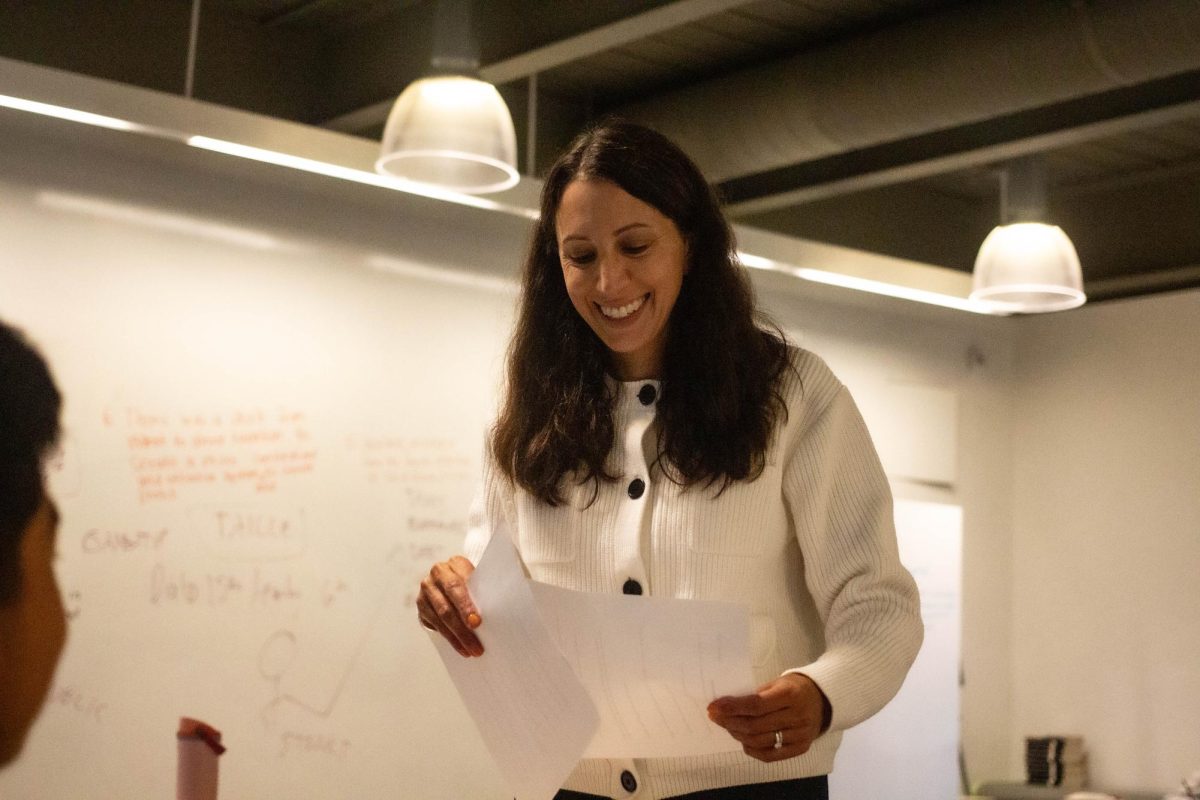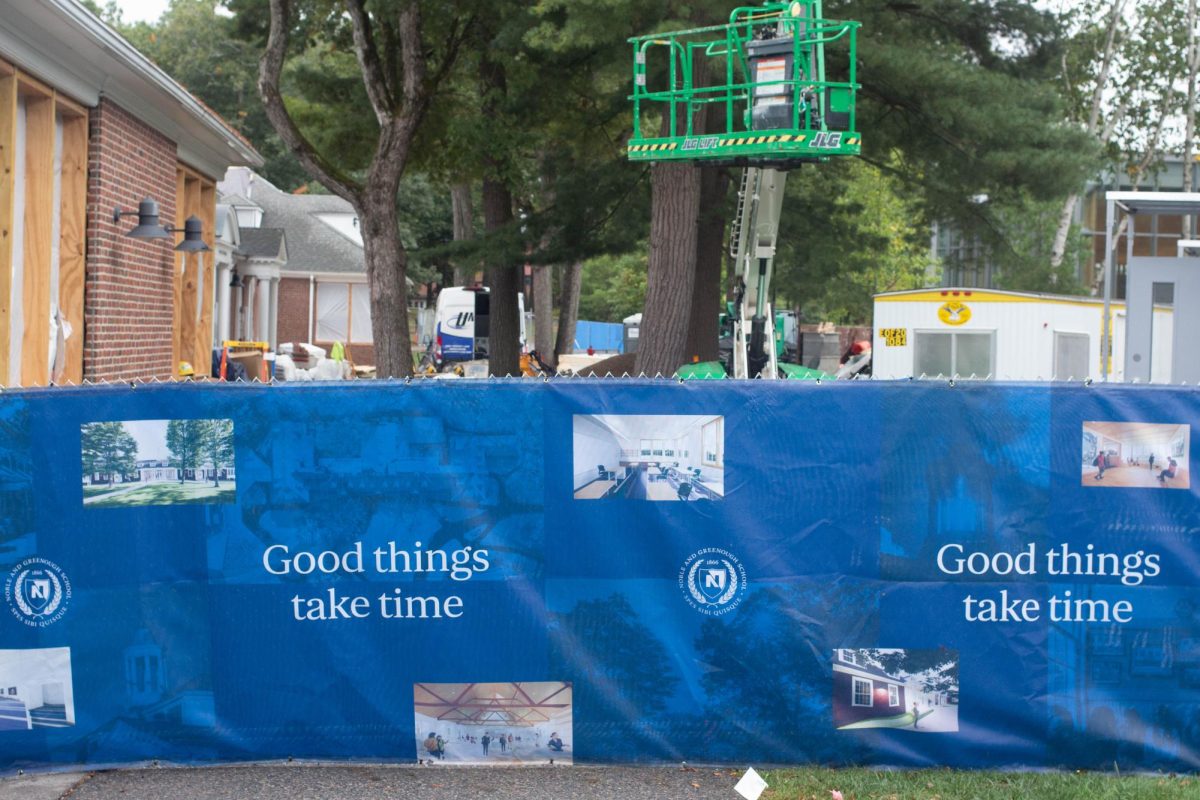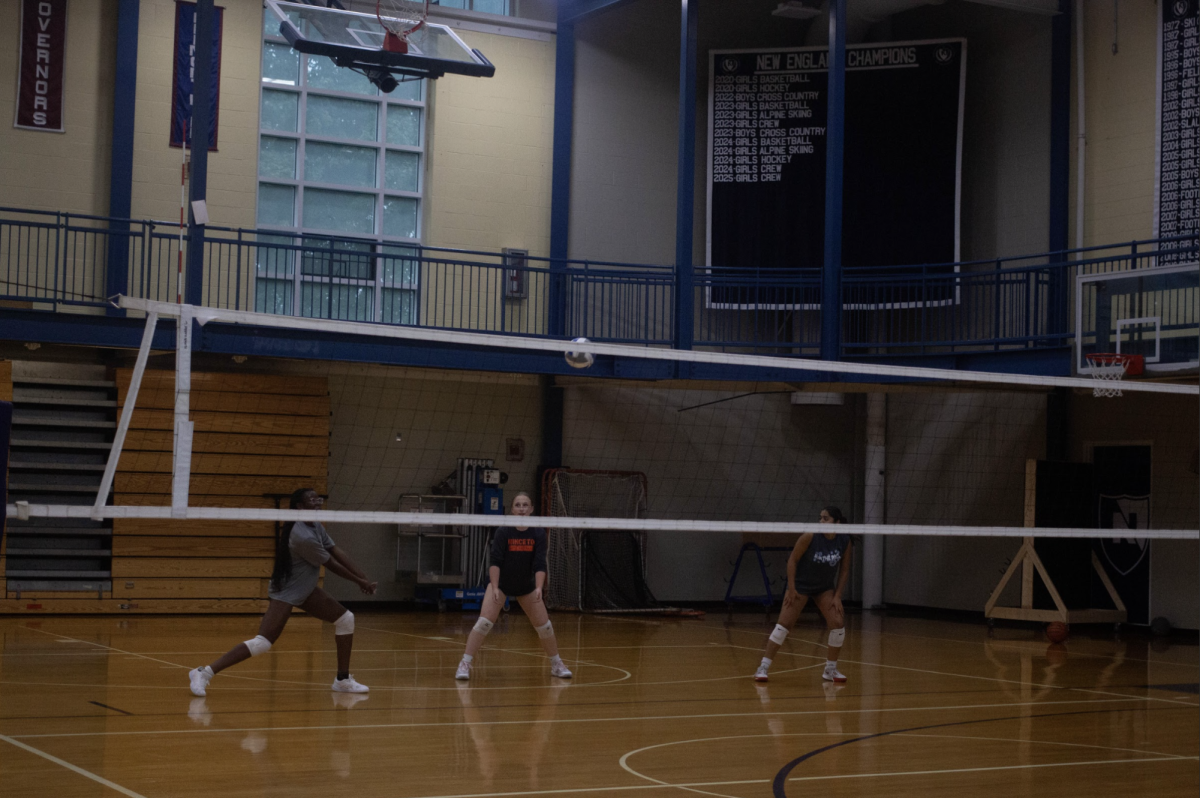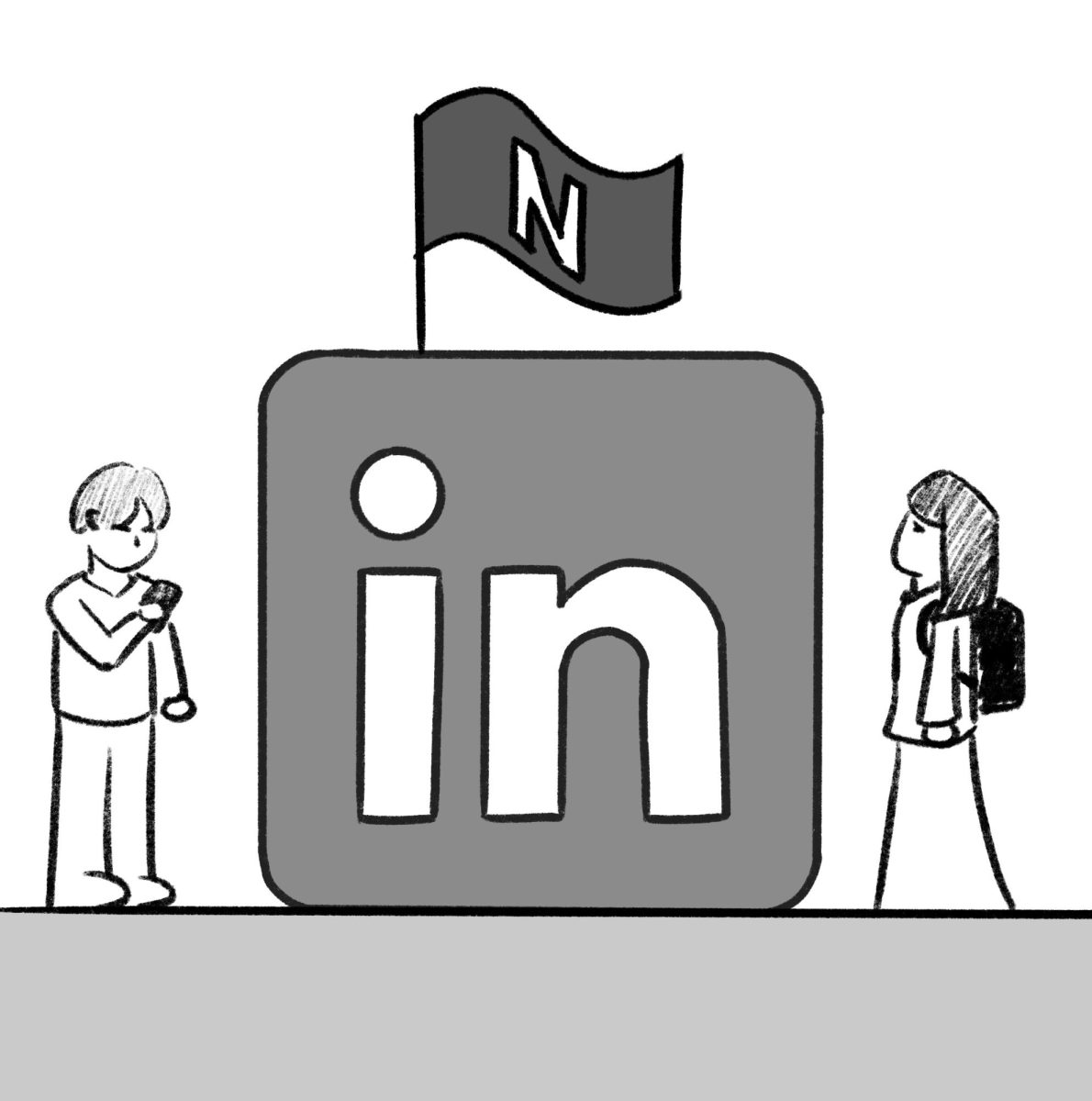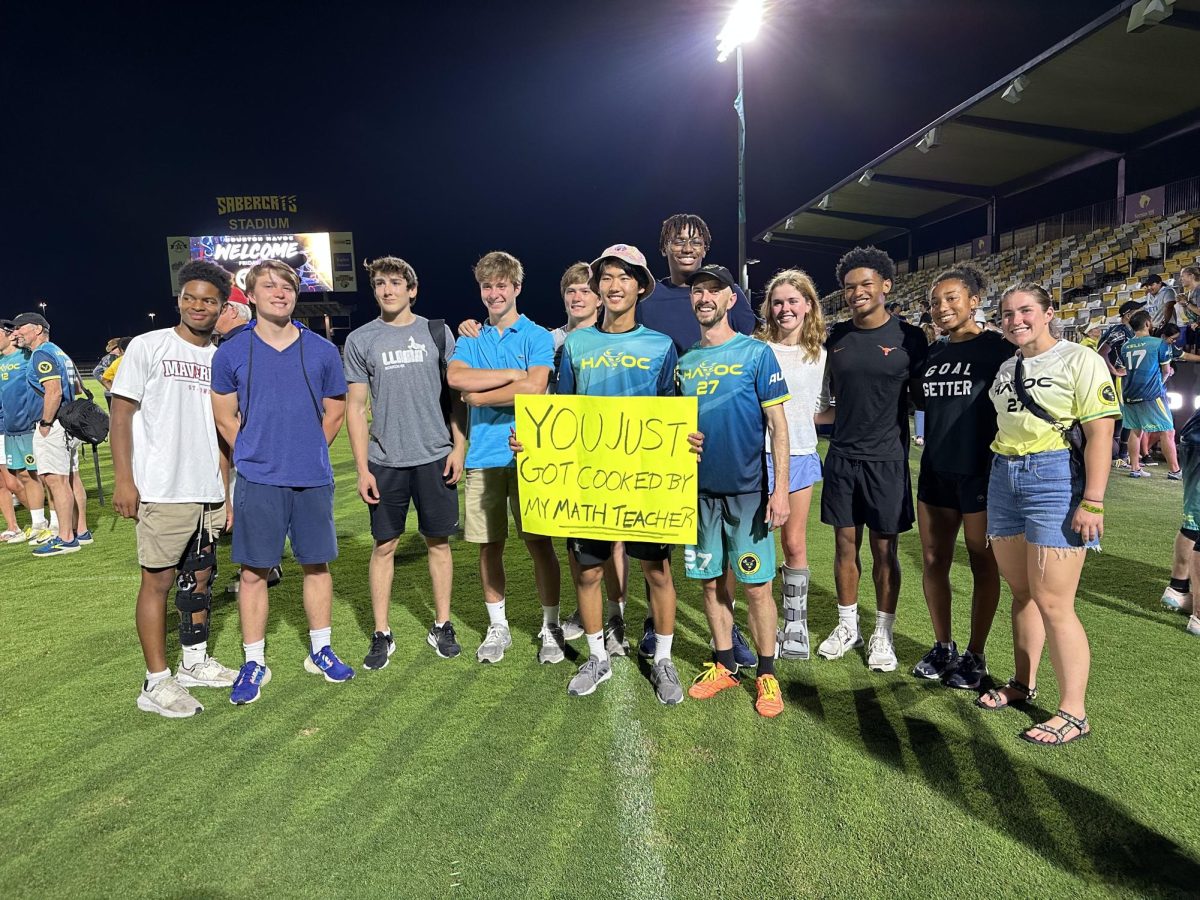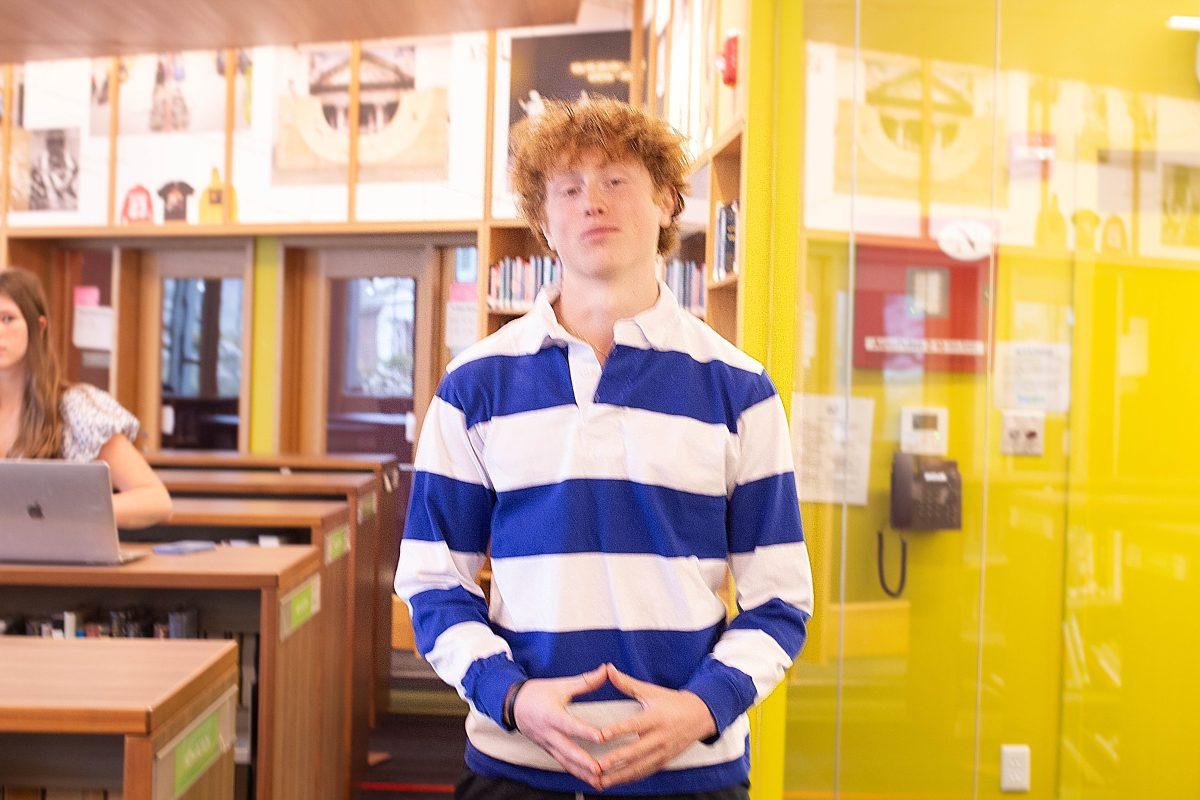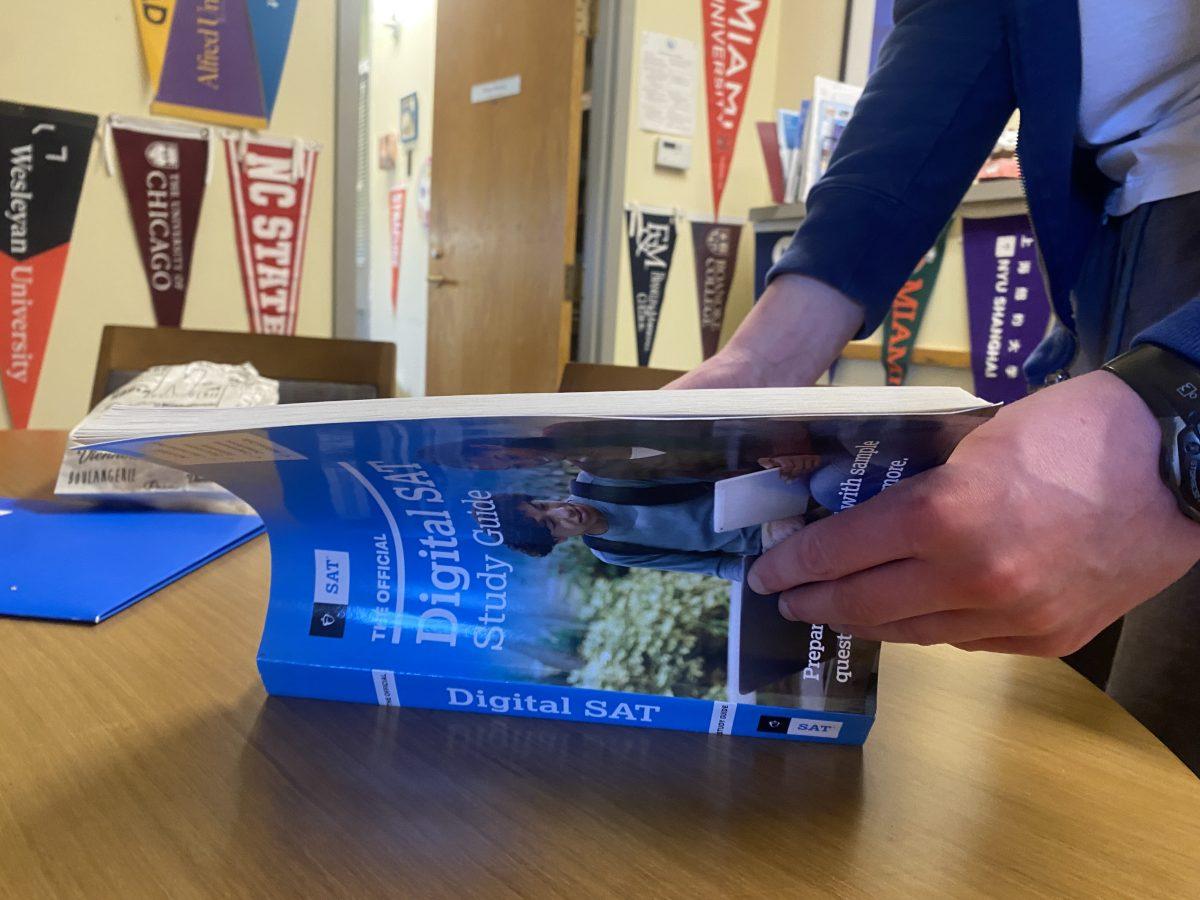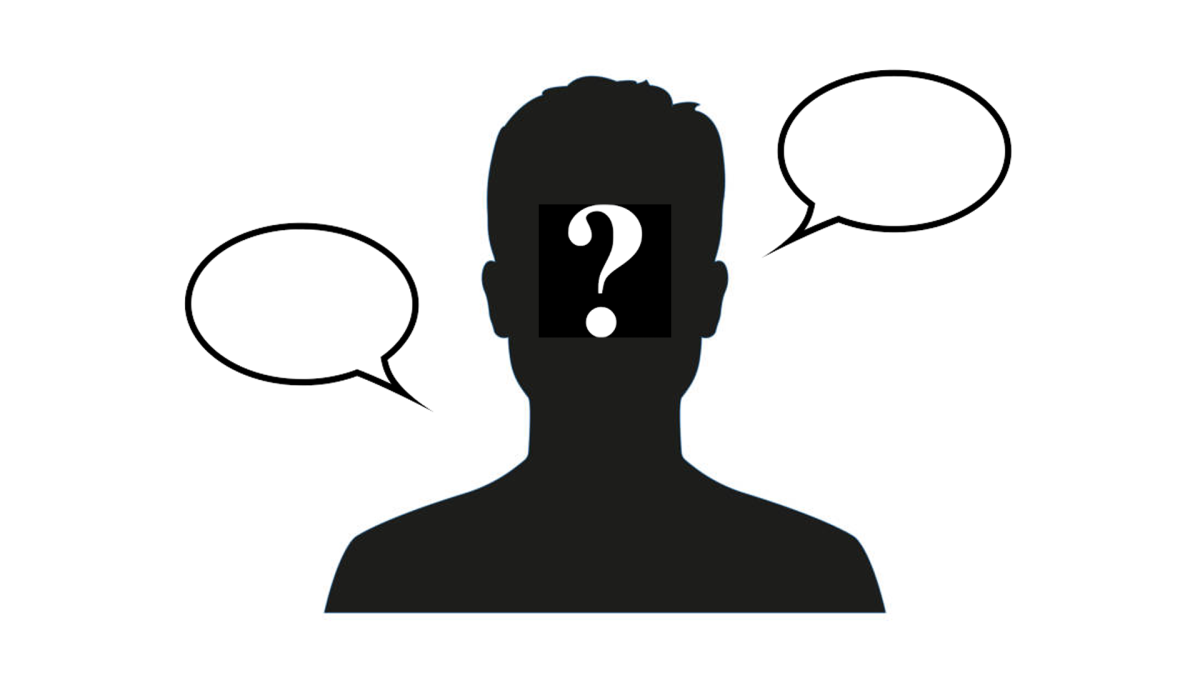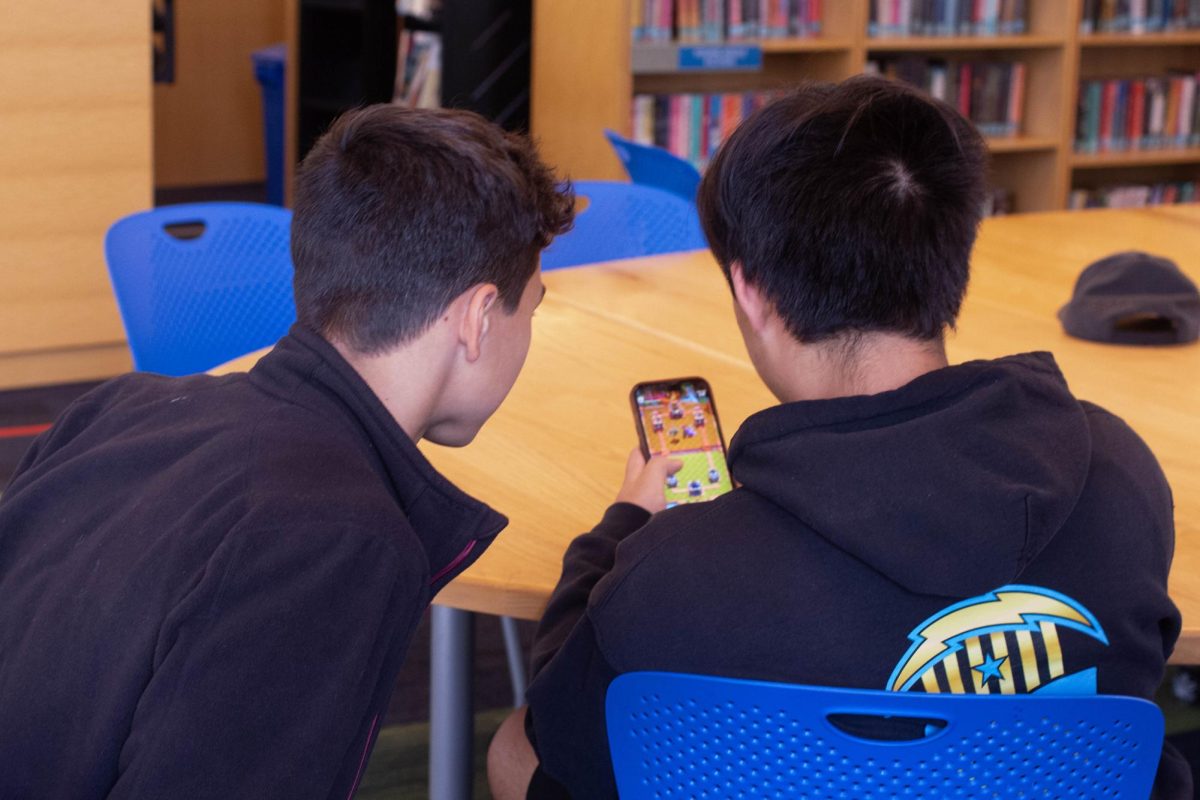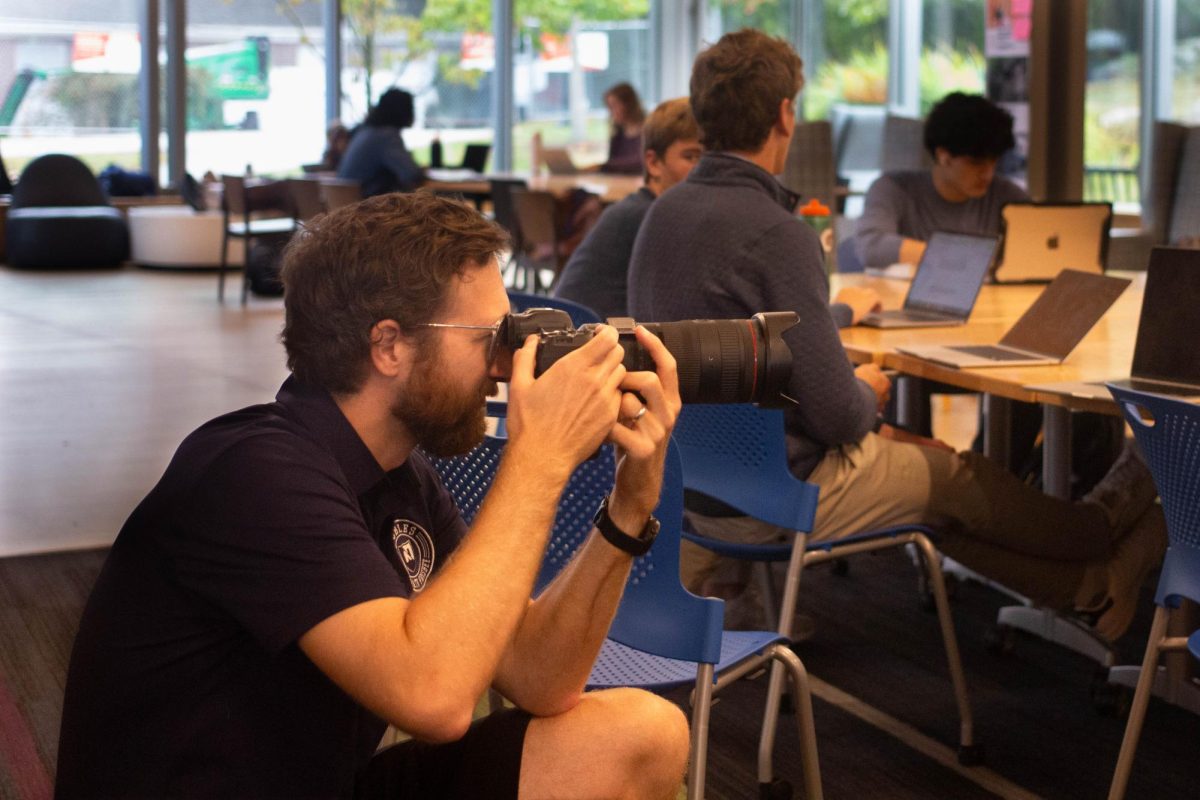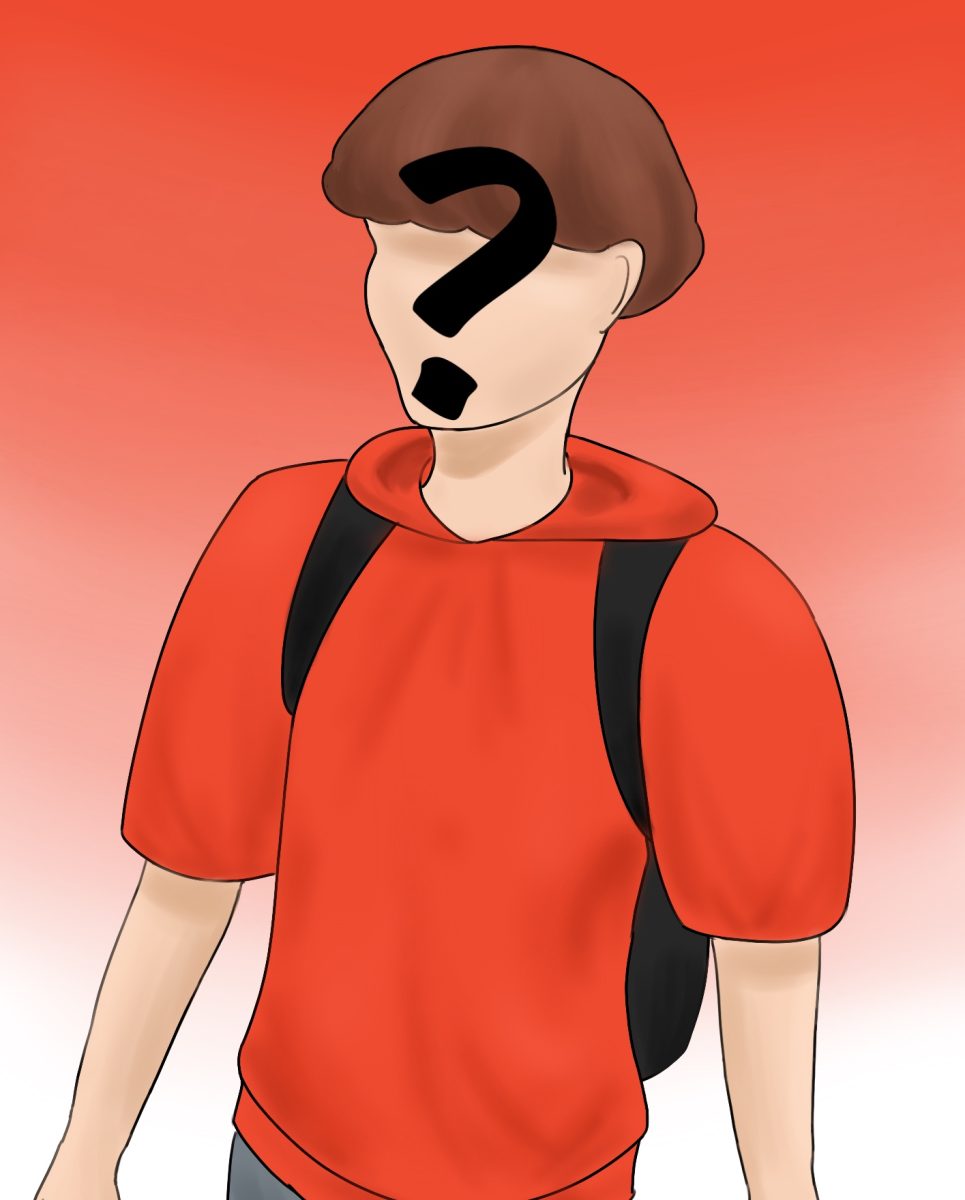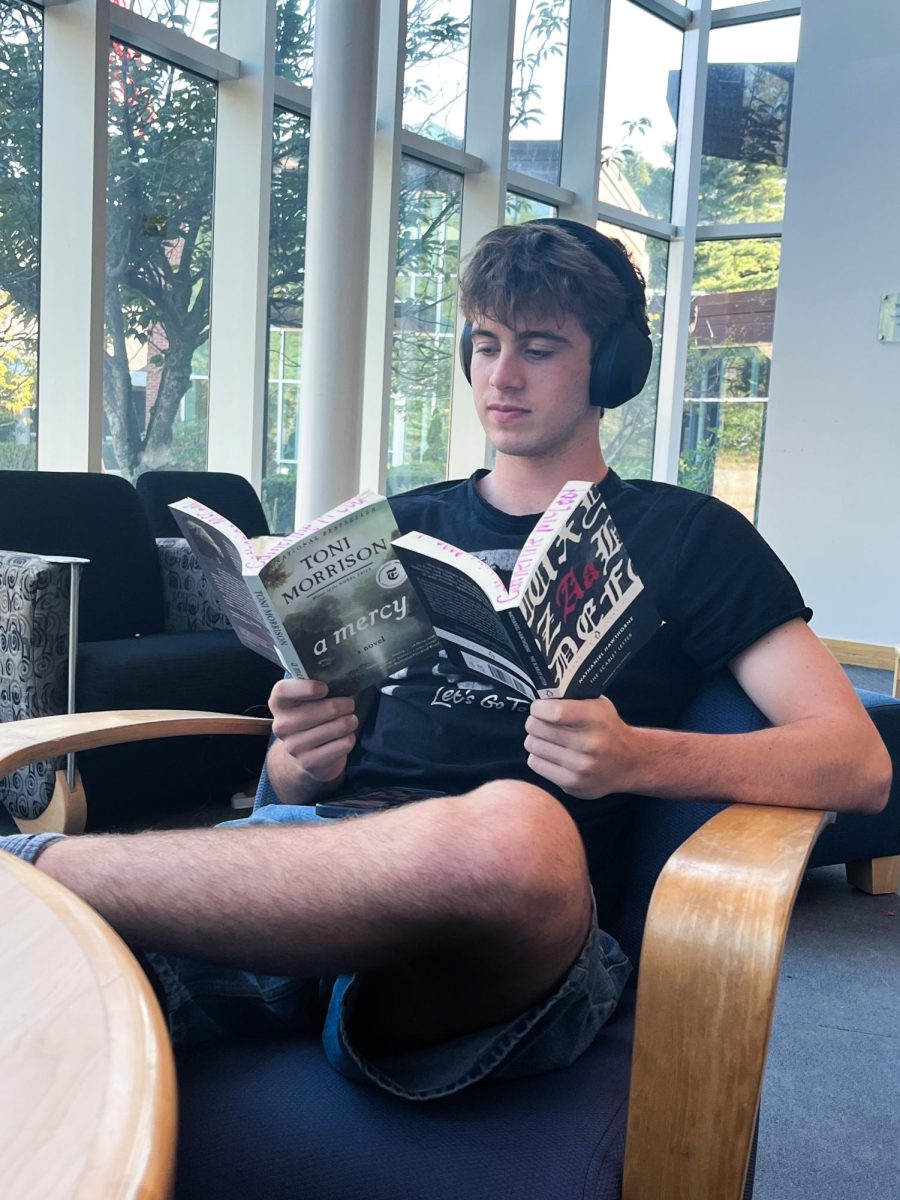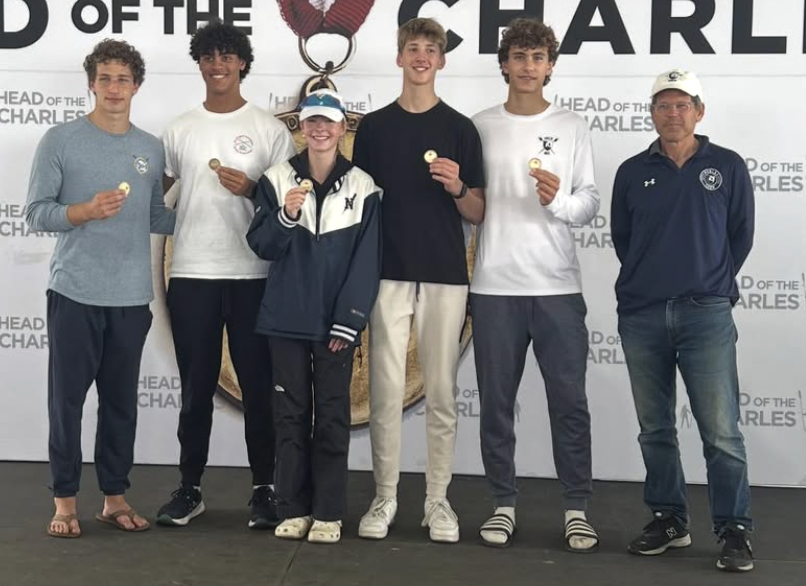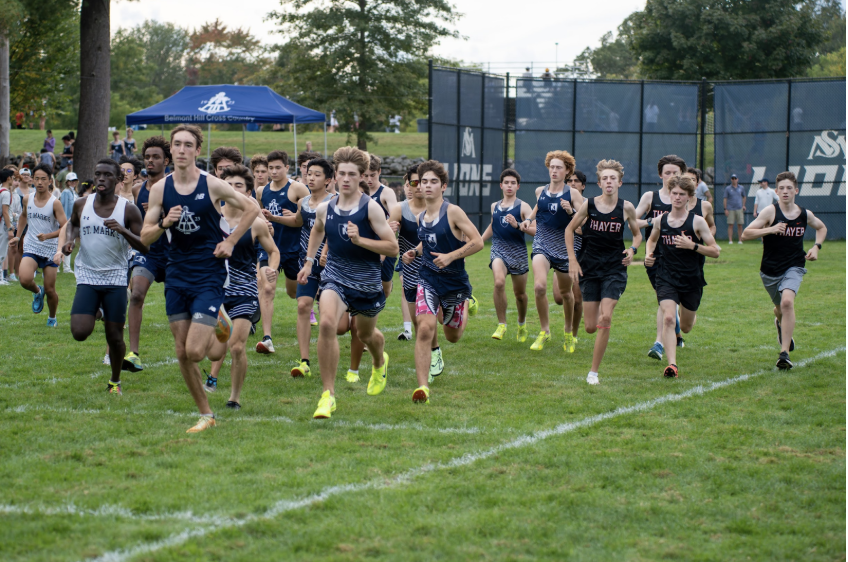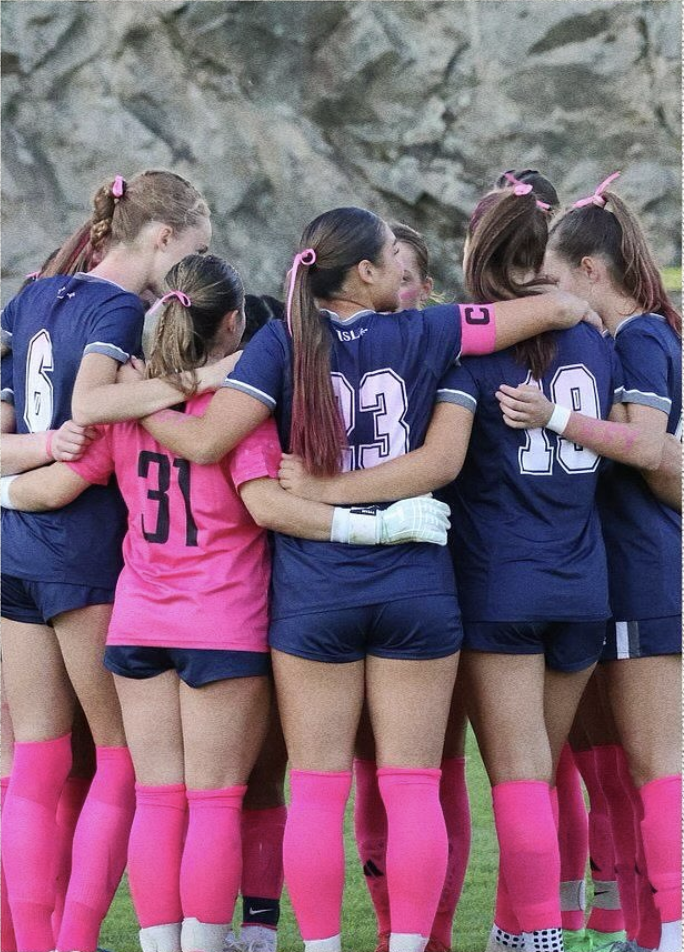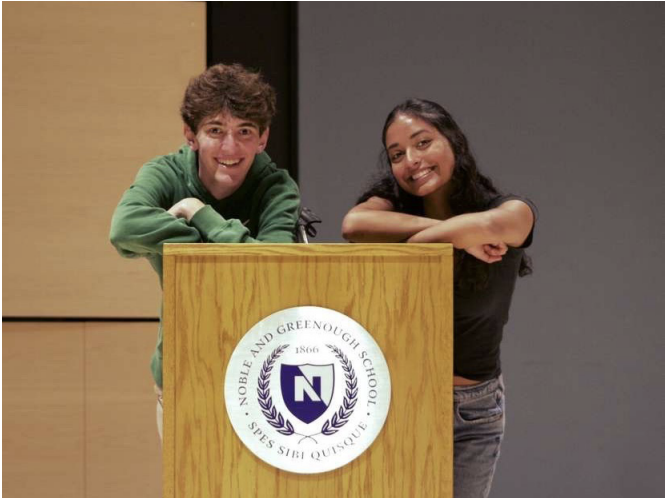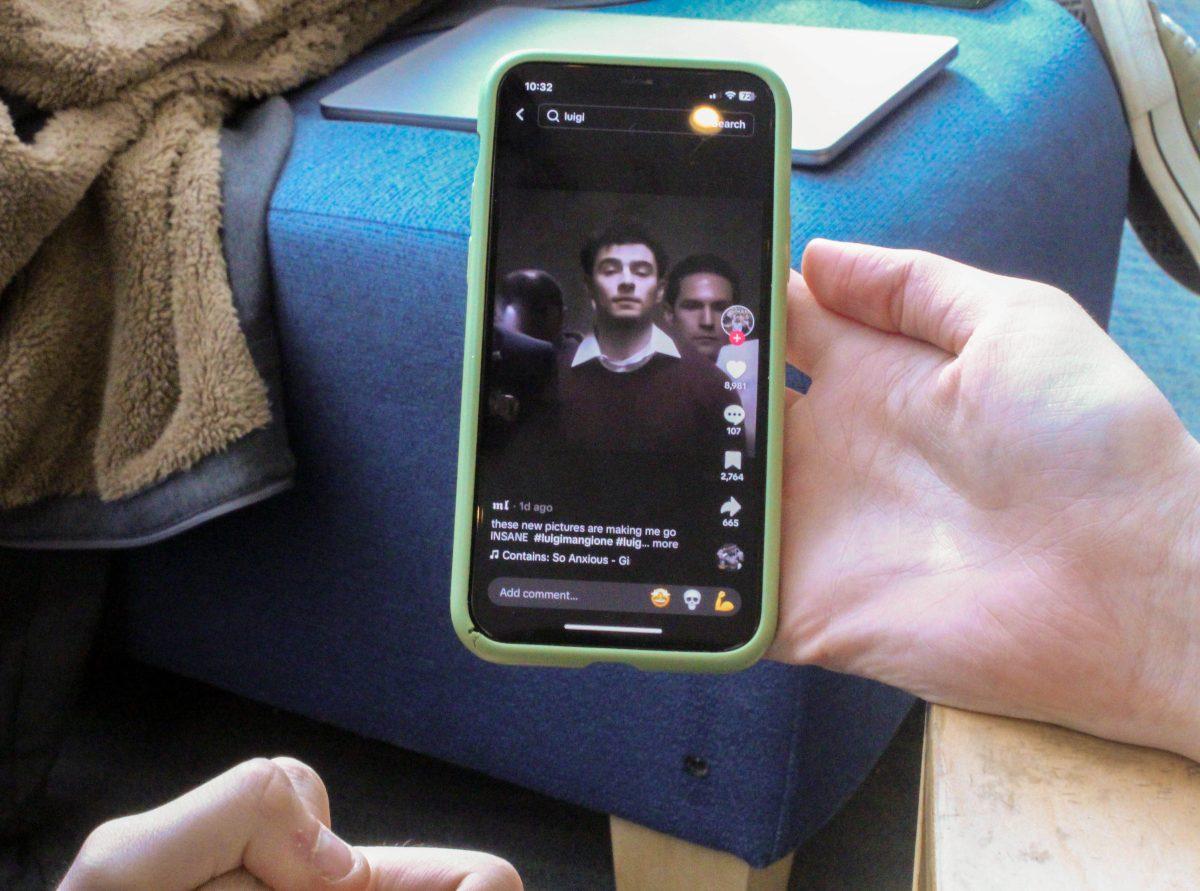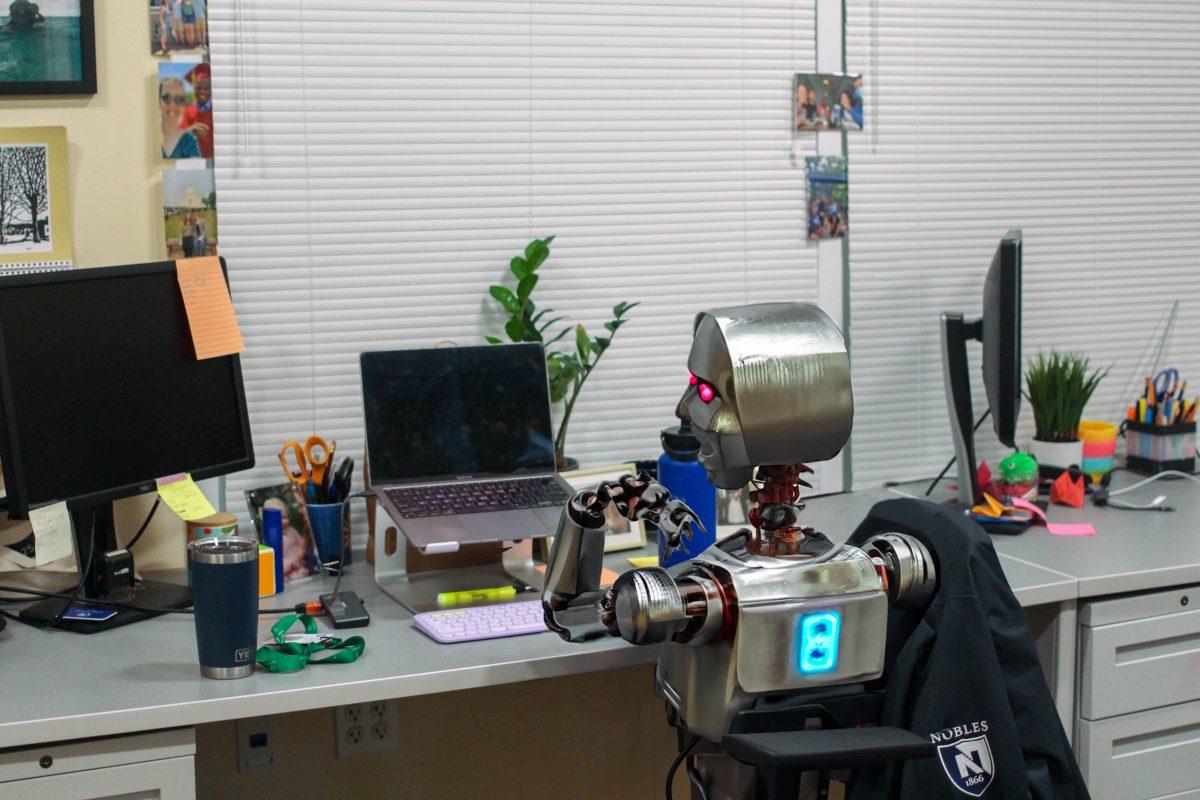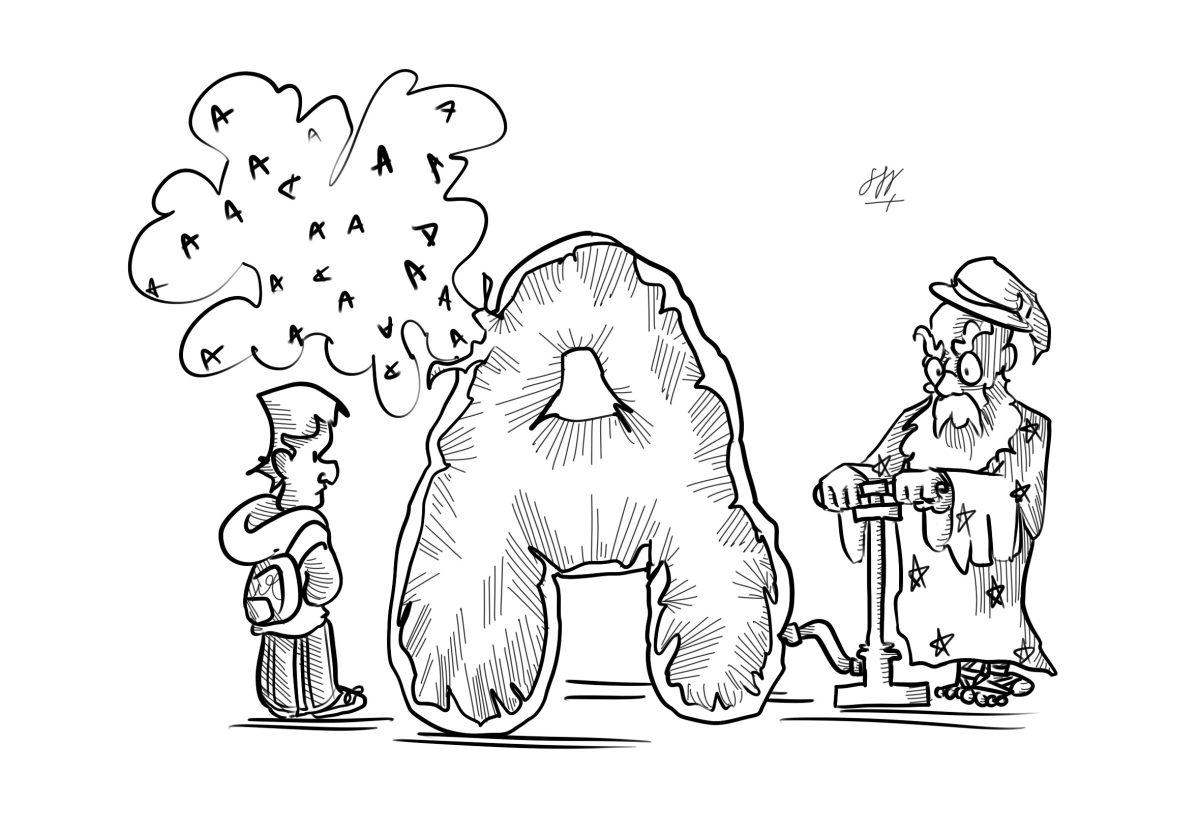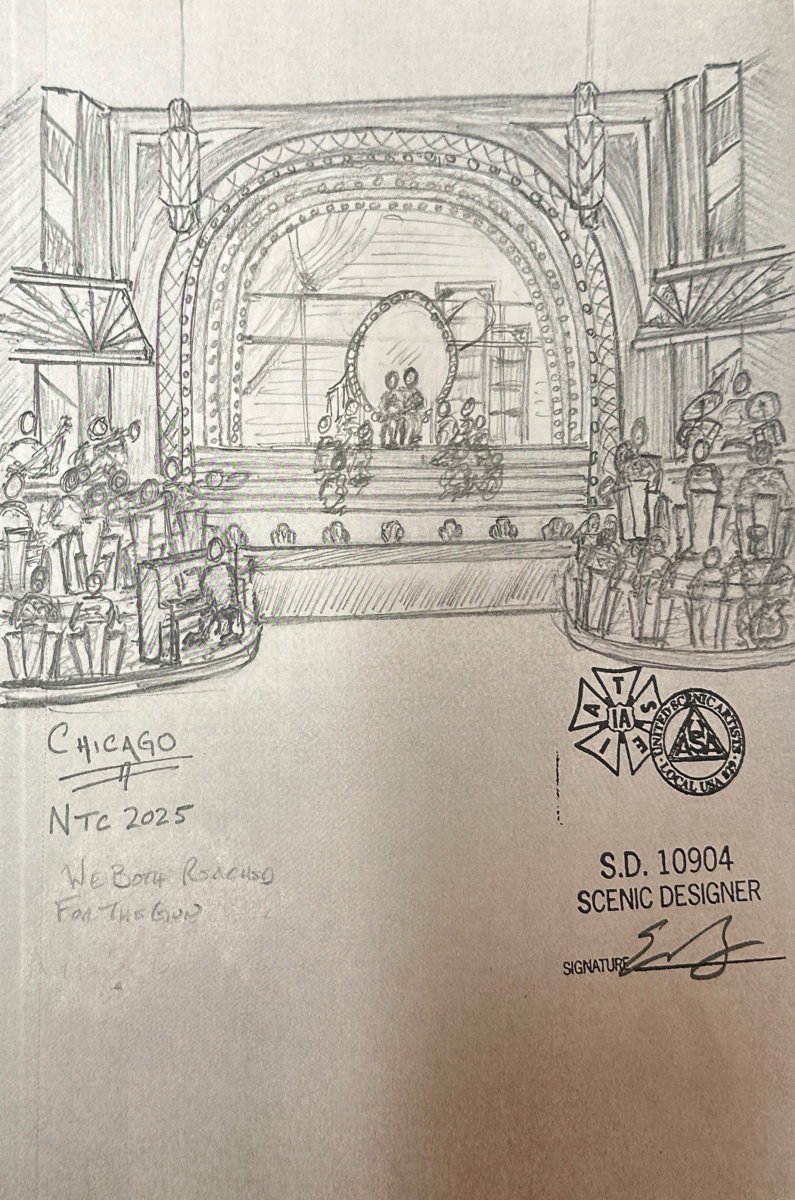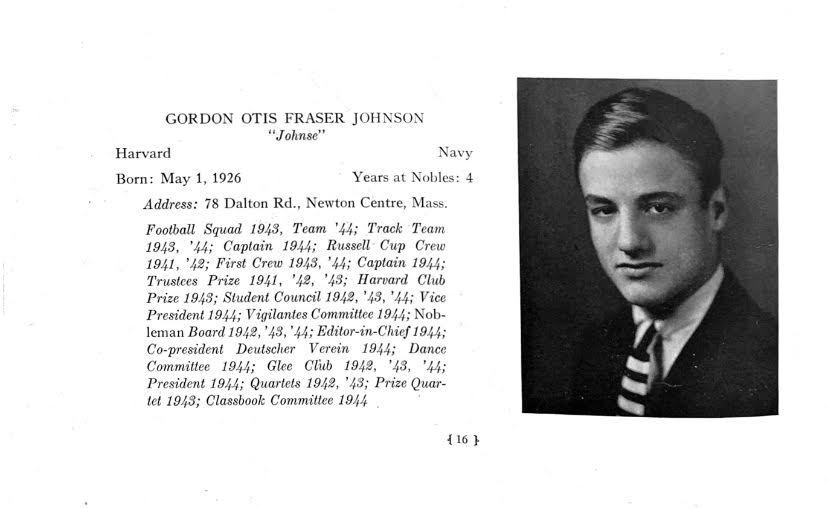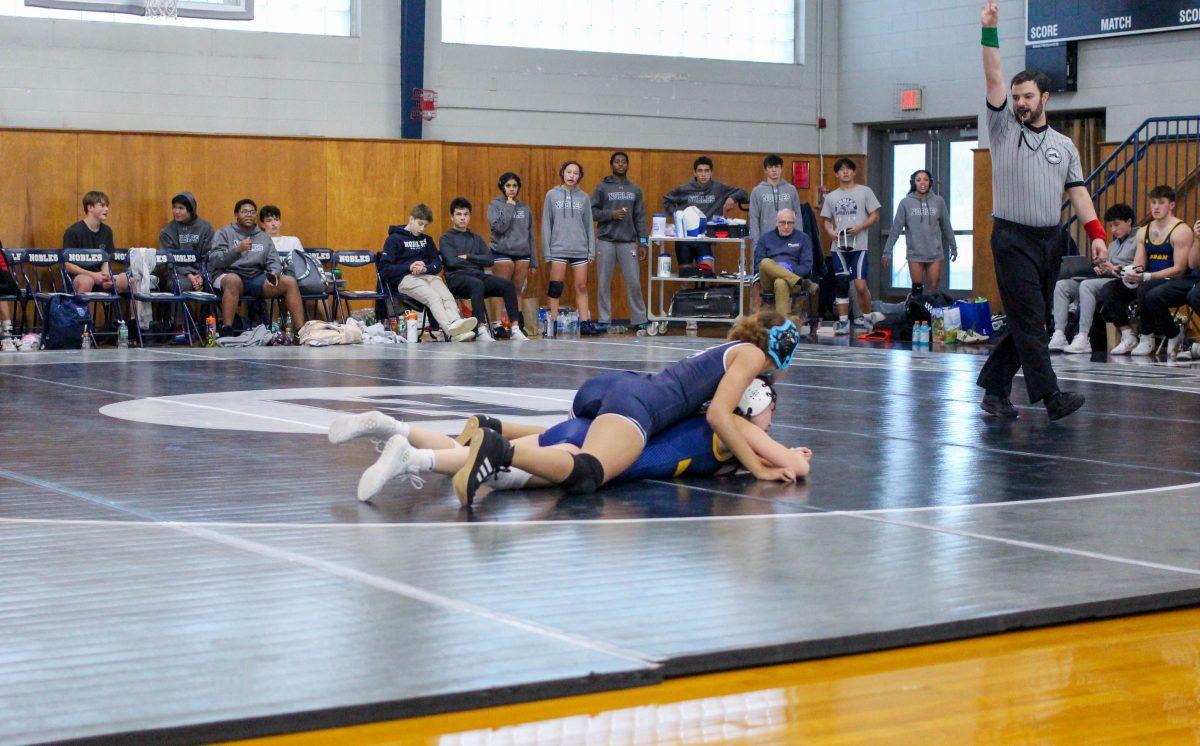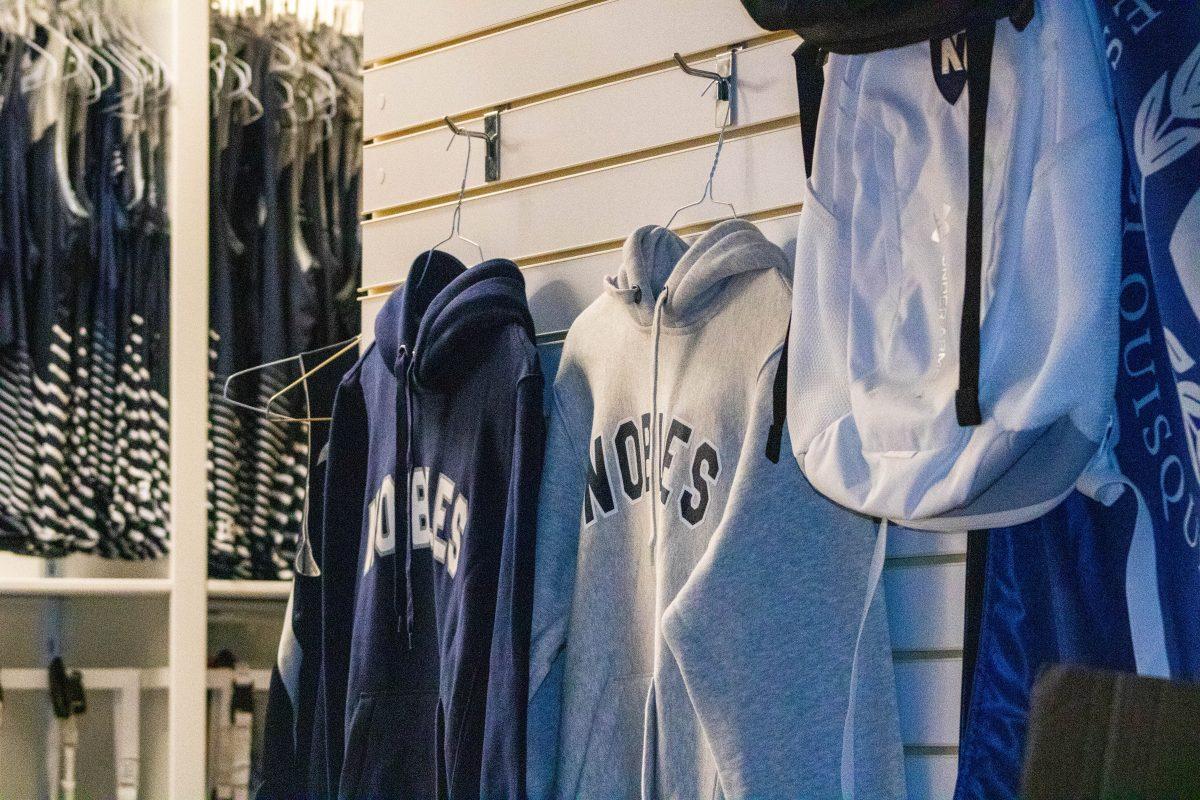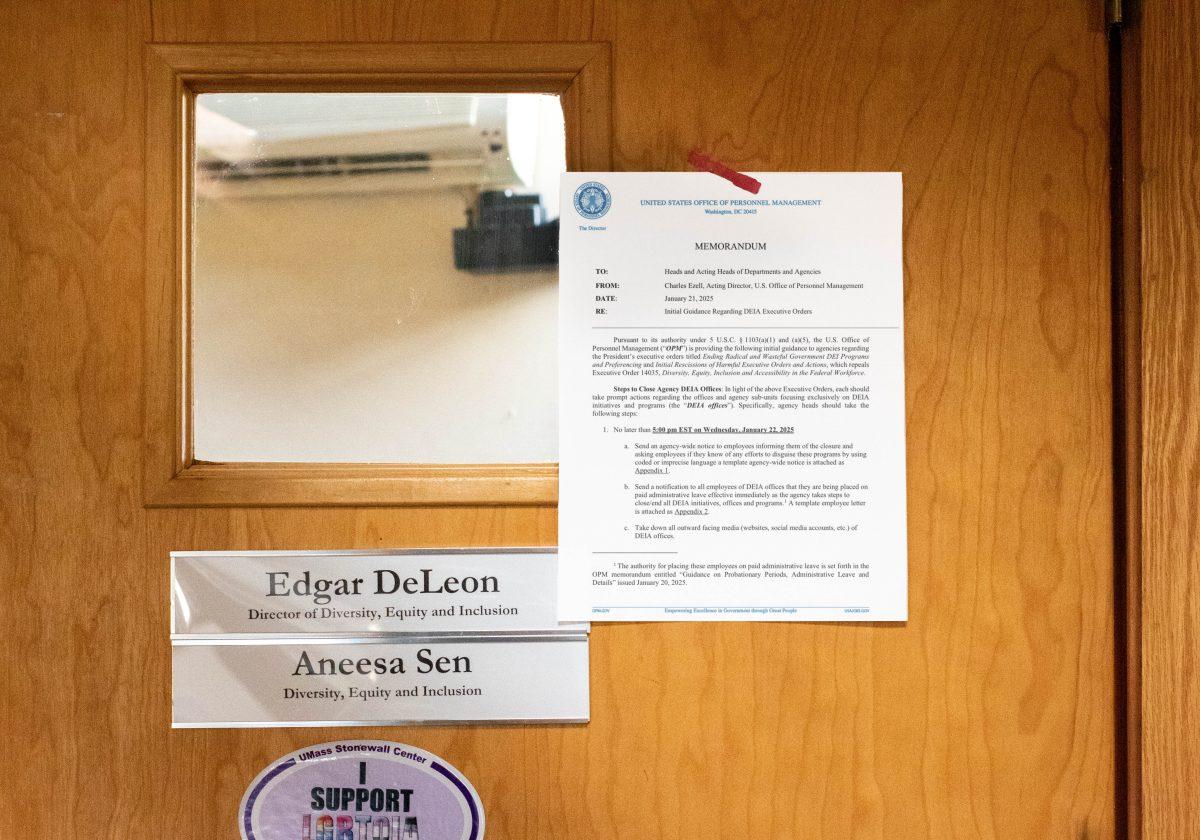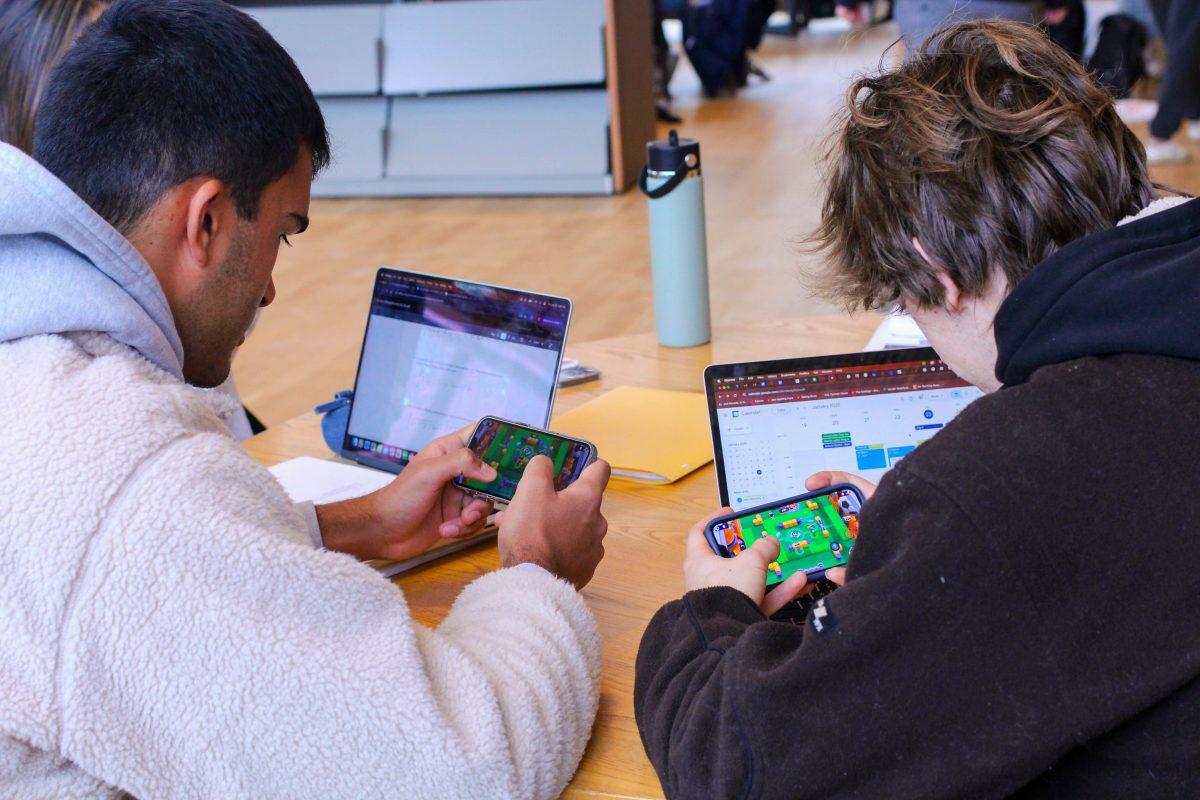On December 4, 2024, UnitedHealthcare CEO Brian Thompson was shot and killed in a premeditated attack. The alleged killer, Luigi Mangione, was apprehended shortly after the incident and charged with multiple offenses, including first-degree murder in furtherance of terrorism.
While the murder itself was certainly shocking, what is perhaps even more disquieting is the response this event has garnered on social media. “There are a lot of videos of people idolizing Mangione and treating him like a hero. The comments are crazy, too. I’ve seen laughing emojis in the comments of these videos and people essentially making a joke out of someone being murdered,” Abdirizak Abdulle (Class I) said. Many people online do not condemn the recent murder of Thompson and have even expressed support for Mangione’s actions.
“Many people online do not condemn the recent murder of Thompson and have even expressed support for Mangione’s actions.”
Naturally, social media’s reaction to the recent murder has been the source of controversy on campus. Why are so many people reacting to the UnitedHealthcare CEO murder with admiration rather than moral outrage? What opinions do Nobles students hold?
One significant factor affecting public perception of the murder has been social media’s extensive coverage of Mangione as an individual. Many people consider Mangione to be conventionally attractive, and a fixation on his physical appearance has led to increased interest in the case. “If Mangione was maybe older, or less charismatic, or looked different, there probably wouldn’t be as much attention drawn to the murder on social media,” an anonymous student (Class II) said. In some cases, Mangione’s looks might have led to a more sympathetic perception of the alleged murderer.
Mangione’s background has also been a point of online interest, with many pointing out his privileged upbringing and Ivy League education. Many videos describing Mangione’s college life or hobbies have gone viral, as well. These portrayals of Mangione paint him as an intelligent and down-to-earth person, which further complicates public opinion. “I remember seeing a YouTube video about his Steam profile and how he used to be really good at video games. In some ways, these videos almost make me feel bad for him, because he had a good life, and now he threw it all away,” Kenny Chukwu (Class III) said.
“In some ways, these videos almost make me feel bad for him, because he had a good life,
and now he threw it all away.”
In contrast, there is very little social media coverage about who Brian Thompson was as a person. Most online content focuses solely on the fact that Thompson was the CEO of UnitedHealthcare, an insurance company often criticized for its profit-driven practices. This lack of personal detail dehumanizes Thompson, reducing him to a symbol of injustice in the healthcare industry.
The anonymity and disconnection afforded by social media platforms also contribute to online support for Mangione. Many at Nobles have noticed a disparity between online reactions to the murder of Brian Thompson and real-life conversation. “When I talked about it with people—like my family, friends, or people at school—I definitely heard more nuanced views and conversations about what the murder actually means. I’ve noticed a difference in how seriously people are taking what happened, and I’ve also seen more people that are against [Mangione] in real conversations than on social media, on which I’ve basically seen all positive views,” an anonymous student (Class II) said.
This discrepancy can be partly explained by the lack of accountability on social media platforms. “There are walls created by social media that really give you protection to say whatever you want to say for any reason, whether you know the full information or not,” History Faculty Oris Bryant said. Many people online might not necessarily believe what they are saying and are simply expressing support for Mangione to stir controversy or seek attention. “Social media allows for reckless, anonymous, and semi-anonymous rhetoric that makes a sport out of real people’s lives and real things that happen. It becomes a game to people and a place to throw around extreme views and make fun of things in a way that’s somewhat cowardly and cheap in my mind,” History Faculty Beth Reilly said.
“It opens up a dangerous precedent if people condone murder based on personal beliefs of what is right and wrong, or what is unfair.”
Many people online justify their support of Mangione by arguing that, although the murder was immoral, it will eventually lead to reform in the healthcare industry and will do more good than harm. Notably, much of the Nobles community disagrees with this general sentiment. “Because of the killing, everyone is going to continue working on the problem with a little bit of fear, and healthcare companies will be less willing to work with activists who are trying to make change. All in all, I think that Mangione set healthcare reform back because he gives a bad reputation to more productive healthcare activism,” Jonathan Nguyen (Class II) said. Although the murder of Thompson has certainly brought greater attention to issues in the healthcare industry, many believe that it ultimately will hinder efforts toward meaningful change.
Justifying violence in the name of reform will also have harmful ramifications beyond the realm of healthcare. “It opens up a dangerous precedent if people condone murder based on personal beliefs of what is right and wrong, or what is unfair. This is especially dangerous because of how split the country is and how many moral beliefs there are,” an anonymous student (Class II) said.
Ultimately, public reception to the UnitedHealthcare CEO shooting has been shaped by many factors beyond morality. The vast spectrum of narratives surrounding the case illustrates the importance of research and consumption of diverse news in the age of social media.

